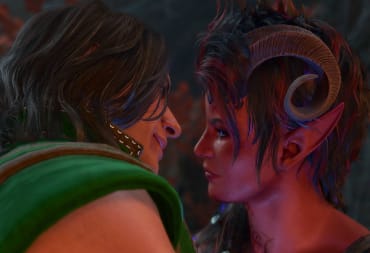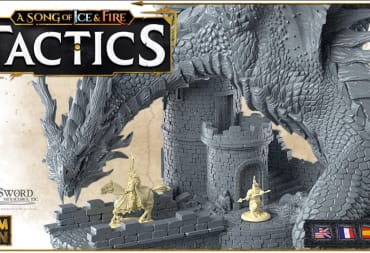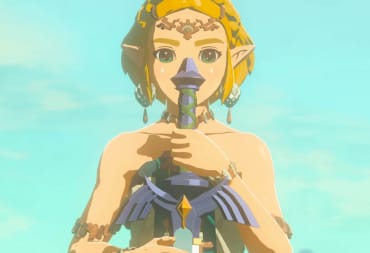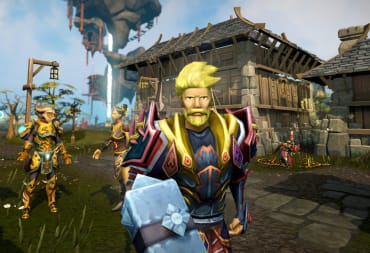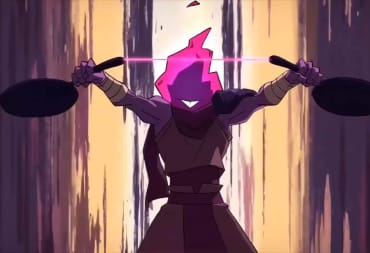For a long time, a rather common criticism of the Xbox brand was that there wasn't enough exclusive games. It was a fair assessment, especially when you look at what Xbox's competitors offered, yet few would've anticipated Microsoft's solution was to outright buy entire game development and publishing companies at the rate and scale that they have. In a monumental deal, Microsoft just purchased Activision Blizzard for a staggering $68.7 billion. When the acquisition is finalized next year, all of Activision Blizzard's assets from gaming intellectual properties like Call of Duty and World of Warcraft to the Major League Gaming organization will be under Xbox's growing umbrella of influence. Naturally, this is raising some serious concerns about the monopolization of the gaming industry.
Of course, we're not going to see the effects of this acquisition for a while. Xbox Game Pass subscribers might be getting a bunch of new games in the near future, and that'll be the extent of the buyout's impact as far as the average consumer is concerned. Game quality and release frequency, current and future microtransaction schemes, existing game support, and ongoing game development of Diablo 4 and Overwatch 2 at Activision Blizzard will continue as is without Microsoft's influence until next year. Most importantly, Microsoft seems willing to honor existing game contracts as Bethesda's Deathloop is still a PlayStation exclusive, so there's no need for PlayStation fans to hoard Call of Duty discs out of fear that the next two Call of Duty games will be Xbox exclusives.
Once the deal is finalized though, anything can happen. If Phil Spencer, the CEO of Microsoft Gaming, wakes up one day and decides to make Call of Duty 2030 or Overwatch 3 an Xbox exclusive a la Bethesda's Starfield, he can do that. If he wanted to make MLG focus on Halo Infinite esports, he can probably arrange a meeting to have them broadcast Halo 24/7. A signed contract, a firm handshake, a meeting with the lawyers, and a press release are all it takes for such relatively minor issues.
When it comes to more impactful moves, Phil can likely give Activision Blizzard the freedom to work on an entirely new IP, but it'll be half a decade or more before any such project sees the light of day. Expanding Activision Blizzard's IPs into alternate media (i.e. a World of Warcraft TV show) could be a viable move as well, if Phil fancies such a thing. Changes in management at Activision Blizzard are also a possibility seeing as how Microsoft dissolved the entire Zenimax board of directors following Bethesda's buyout. Tears certainly won't be shed if Bobby Kotick is terminated in a similar manner, assuming that the Activision Blizzard sexual harassment/worker mistreatment lawsuit doesn't deliver a more appropriate form of justice first.
Nonetheless, the Activision Blizzard buyout should be a grave concern to everyone who cares about the gaming industry as a whole. While Microsoft may not be the most evil corporation out there, they are no strangers to unsavory business tactics. Even if you disregard Microsoft's past, the fact remains that they have now set a dangerous precedent. It's somewhat inconsequential for Microsoft to acquire Bethesda as their value presumably comes from their largely single-player IPs and developers. It's another matter entirely to get your hands on one of the largest third-party publisher in the world, one of the most well known esports organizations in the world, major IPs across every platform including mobile (Candy Crush), and some potentially juicy multiplayer matchmaking- and or microtransaction-related patents too.
Whatever illusions of fair competition between the big gaming corporations has evaporated as the chilling reality is that none of them can match the amount of money at Microsoft's disposal. After all, between Bethesda, Activision Blizzard, and their existing in-house studios, Microsoft has already effectively cornered the market on western RPGs and FPSs. Push comes to shove, PlayStation will be left in a precarious position as their list of major third-party games grows thinner and thinner, to say nothing of quality when forced to rely on the likes of EA and Ubisoft. Indie developers might be able to step up and fill the void in such a scenario, which is definitely possible given the quality of some indie games.

Fortunately, the expansion of these mega-corporations has not gone unnoticed by the government. The United States Justice Department and the Federal Trade Commission is seemingly giving special attention to the growth of oligopolies, especially those focusing on digital markets. Unfortunately, politicians have proven time and again to be embarrassingly incompetent when it comes to anything involving digital goods and services. The mere existence of Meta/Facebook is evidence enough of their spineless inability to confront Information Age corporations. Besides, anyone can point to Valve, PlayStation, Nintendo, EA, Ubisoft, or any of the other major gaming corporations in both the East and West and make a viable argument about how the gaming industry is still fair and competitive, at least for now.
It's not all doom and gloom though. Some objectively beneficial changes can arise from the Activision Blizzard buyout. Chief among these is that working conditions under Microsoft can't possibly be worse than they are at a company where breast milk is stolen, a worker was sexually harassed until they committed suicide, the CEO actively made death threats to their workers, and union busting is somehow a higher priority than not being a sex pest. Frankly, simply getting rid of the most toxic individual in the industry via (figurative) drop kick out of a 10-story window sans golden parachute would make this the best deal in the history of deals. Of course, it would be fantastic if this buyout allowed unionization to proceed unhindered too, but that's neither here nor there.
In any case, we might also see a general rise in quality from future Activision Blizzard games. Generally speaking, better working conditions lead to more content workers, and more content workers lead to better products. You can't discount the amount of raw talent working under the Xbox banner either. As the last year has demonstrated, Xbox-affiliated studios are quite talented at making games in their respective genres. There's no reason to assume that these studios can't help each other as needed. Again, it's not like Activision Blizzard's games can get significantly worse. If Microsoft can turn the company around without absorbing the rest of the gaming industry or causing some kind of corporate war, then it would be a win for literally everyone.
Still, these are relatively short-term potential benefits. Time will tell what the long-term consequences are, yet it's hard to shake the feeling that an acquisition of this magnitude is complete overkill when it comes to competing with PlayStation. One probable motive, aside from the capitalist desire to consume every atom of profit in existence, is that Microsoft wants to pre-emptively stomp out Amazon or Meta/Facebook's attempts to seriously enter the gaming market. Having Facebook be a major contender in the gaming industry thanks to an Activision Blizzard acquisition (or by buying EA, or Ubisoft, or any developer/publisher) would be a disaster of unimaginable proportions. Alas, if this is the case, we merely traded one capitalist dystopia for another, and the only thing missing are sick neon lights everywhere.
Have a tip, or want to point out something we missed? Leave a Comment or e-mail us at tips@techraptor.net


